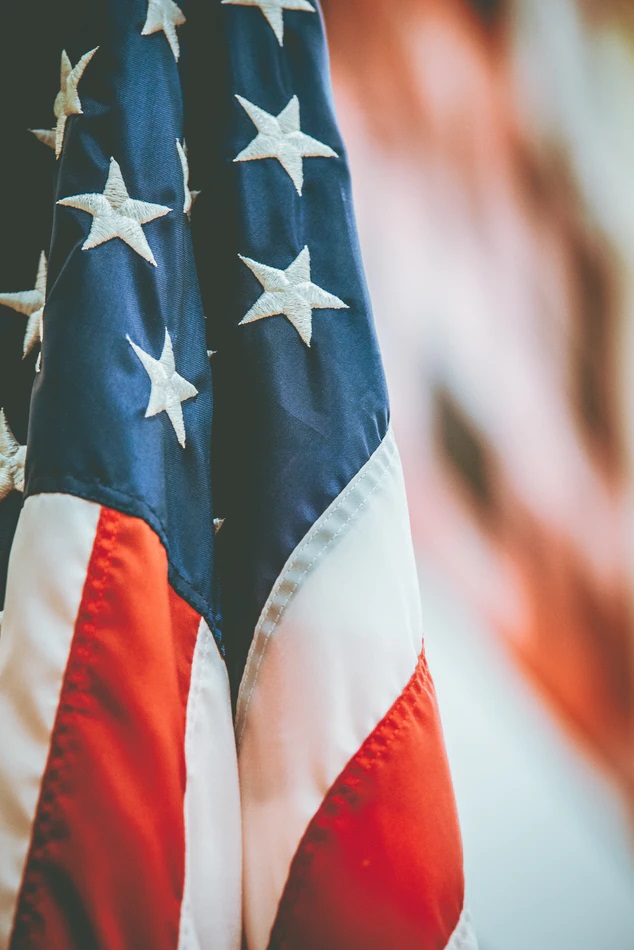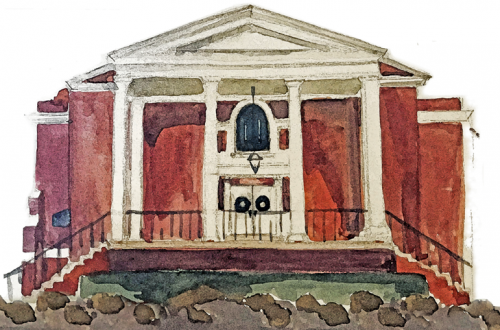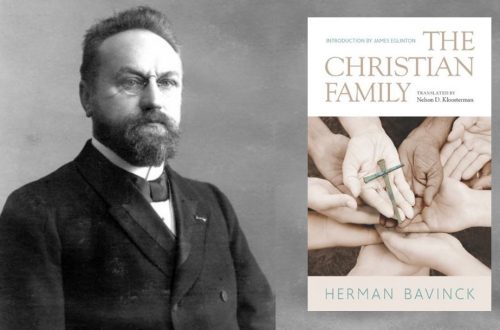David French argues that Intersectionality is not merely an ideology but a religion. I think he is right about this. French writes:
It was foolish for anyone to believe that a less Christian America would be a less religious America. As Solomon said in Ecclesiastes, God “put eternity in man’s heart.” Traditional Christianity and Judaism aren’t just being removed from American life; they’re being replaced. The more passive person often fills his heart with the saccharine sweetness of Moralistic Therapeutic Deism. The angry activist often stokes the burning fires of intersectionality. And when commitment collides with confusion, commitment tends to win. [emphasis mine]
If you are not familiar with intersectionality, you need to be.1 It is all the rage not only on college campuses but also increasingly in popular culture. Many people become adherents without even knowing they are doing so. They simply absorb the norms of this new brand of identity politics from the ambient culture.
French argues that intersectionality has all the hallmarks of a religion. Its doctrine is the sacralization of marginalized groups (e.g. Lesbian, Gay, Bisexual, Transgender, Gender Queer, Racial Minorities, Women, etc.). Its original sin is “privilege.” Its conversion experience is called becoming “woke.” Its piety is called “allyship.” Adherents must celebrate the sanctity of experience and may never question the moral authority of the marginalized. Any departure from these tenets is treated as heresy, and the heretics are banished.
French observes that intersectionality is becoming so influential that it even “haunts” those liberals who have not fully bought in to the ideology. He writes:
Even those who aren’t full-on adherents have begun to adopt various intersectional habits, such as adjusting their language, deferring to experiential authority, and questioning the value of free speech. Just as southern Americans are more prone to “God talk” regardless of personal religiosity, increasing numbers of blue Americans sound more woke with each passing day.
I think that French is right about this, but I would argue that the influence of intersectionality is not merely a problem among secular liberals. I have observed that many evangelical Christians are beginning to adopt intersectional habits as well. Many evangelicals adjust their language and defer to experiential authority in order not to offend the dogmas of intersectionality. These habits are deeply antithetical to the Christian faith, and yet very few seem to have noticed that yet.
The influence of intersectionality is not the merely the experience of blue America. It’s everywhere now. And Christians need to be vigilant over their own habits of thinking and expression lest they be taken-in by this destructive error.
—————
1 See my previous posts on intersectionality here and here. For a primer on intersectionality, I recommend Joe Carter’s article “What Christians Should Know about Intersectionality.” Andrew Sullivan offers a powerful critique of intersectionality from a secular perspective in “Is Intersectionality a Religion.” If you want to take a deep-dive into some actual intersectional theory, I recommend Kimberlé Crenshaw’s seminal essay, “Demarginalizing the Intersection of Race and Sex: A Black Feminist Critique of Antidiscrimination Doctrine, Feminist Theory and Antiracist Politics,” University of Chicago Legal Forum 1989, no. 1 (1989): 139-67. For a popular introduction to Crenshaw’s theory, see her recent TED Talk, “The urgency of intersectionality.”




